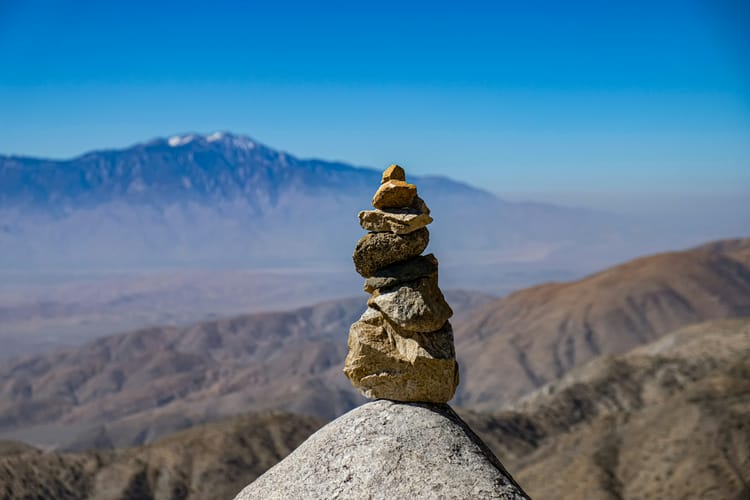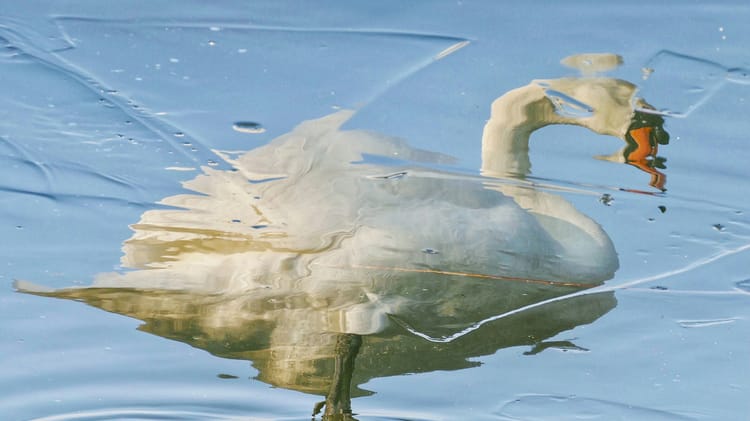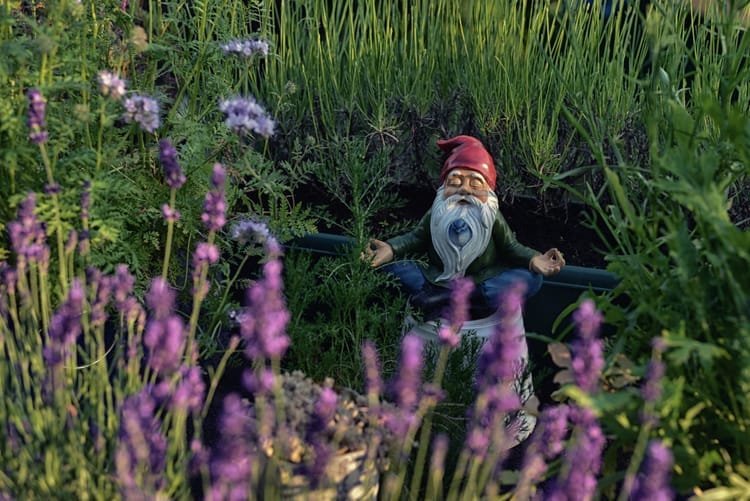Lessons from an explorer

This week, I'd like to share a reading suggestion with you. Thanks to a recent visit to the local library, I had the pleasure of discovering a new author, Erling Kagge. His book Philosophy for Polar Explorers:What They Don't Teach You in School immediately caught my attention, and I soon found out that Kagge is a truly remarkable human being. In addition to being an explorer and writer, he's also a lawyer, an entrepreneur, and an art collector. He was the first person to complete the Three Poles Challenge on foot—reaching the North Pole, South Pole, and Mount Everest. He also sailed across the Atlantic twice and founded a publishing house, just to name a few of his achievements.
My initial reaction upon discovering all of these accomplishments was to feel woefully inadequate, as I have no significant achievements to speak of, apart from completing my studies and overcoming my eating disorders and depression. However, my more mature second reaction was: let's see what this man has to teach us! I'll share a few of my takeaways here, but if you decide to read the book please contribute your own insights in the comment section.
Arguably the most important lesson from Kagge's book is his encouragement to uncover our personal Pole – the dream we're willing to pursue, the adventures we consider worth living – without letting other people influence our choices. He's convinced most of us underestimate what we can accomplish, and choose to stay in our comfort zone because we don't believe in our own greatness. By "greatness", he means our own potential, both on a smaller and larger scale, and is quick to specify that it's a relative concept. What I may consider an amazing feat given the current circumstances I'm in will be very different from what someone else can achieve.
He shares his own recipe for success, which has always been to commit to a goal first, and only afterwards address all of the challenges. The real magic happens when we believe in the possibility before we worry about the obstacles. This is the mindset we discussed in last week's post—letting our creative brain imagine possibilities, reserving critical analysis and concern for the second stage of thought. He also says that once he commits, he's 100% invested in the project and gives it his all.
Kagge also mentions the importance of learning to be an optimist and references Martin Seligman, the pioneer of positive psychology. He promises that our lives will improve dramatically if we choose to cultivate positivity and to believe that things can and will get better. We shouldn't take reckless risks – be an optimist, not stupid or careless, Kagge warns us – but we should learn to distinguish between what's absolutely impossible and what's improbable but is worth a try and might be achieved if we put in the effort. Much of humanity's progress has been achieved when someone challenged the notion that something couldn't be done and set out to make it a reality.
He also emphasizes the transformative power of consistent effort. He offers a compelling example in Daley Thompson, a decathlete who dominated the world stage for a decade. Thompson's unwavering optimism was coupled with relentless training. Since most athletes would train twice a day, he used to train three times. And while others would rest on Christmas, he would make sure to train twice that day. He did so because being the best decathlete was what he had truly set his heart on, his Pole.
The final thoughts I'd like to share address two fears that commonly hinder us: the fear of judgment from others and the fear of failure. With regards to the former, Kagge admits he struggled with it as well, but has learned to overcome it. As for the latter, he shares the example of Rodrigo Jordan, one of Chile’s most accomplished mountaineers. Kagge was amazed by Jordan's total detachment from the outcome of his missions. Whether he made it to the top of the mountain or not, he seemed to be fine with whatever result he had achieved. After all, the only way you cannot fail is if you never try.
Kagge also mentions the British concept of "heroic failure", i.e, learning to handle failure with style, and references Daley Thomson again. When his run as the most successful decathlete in the world came to an end, and he realized he would no longer be able to compete at that level, Thomson said he cried for a whole week, then moved on to other things and didn't spend any more time thinking about the end of his reign. How you handle a challenge is more important than if you succeed or not. I was struck by the juxtaposition Kagge presents between Buzz Aldrin and Michael Collins, both pivotal figures in the Apollo 11 mission. Aldrin, the second man on the Moon, came to resent his "silver medal", so to speak. In contrast, Collins, who had to remain in the spacecraft, always expressed contentment with his role, stating, "I’d be a liar or a fool if I said I had the best seat on Apollo 11 […] But I can say absolutely, with total honesty, I was delighted to have the seat that I had.”
Most of us won't sail across the Ocean, summit Mount Everest or land on the Moon, but we probably can push ourselves to do more, whatever that may mean to us. May Kagge's words help us whenever we doubt ourselves and feel stuck: "It can feel both unpleasant and somewhat risky to change your own world. […] But perhaps it’s even more risky to do nothing and not to try to discover how good life can be".



Member discussion